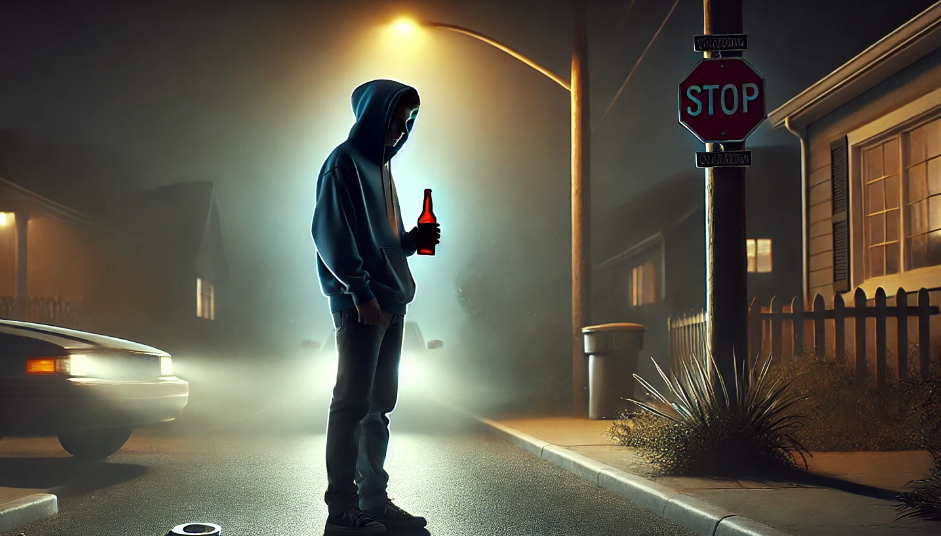Setting Boundaries to Prevent Underage Drinking
Being a parent means sometimes being “uncool” – and that’s okay! Setting firm house rules about alcohol and drug use is one of the most effective ways to keep your teen safe. Kristi Lance’s story is a painful testament to why we must be clear and unwavering: no parent ever wants to face the loss of a child to an impaired driving crash. Make sure your teen knows your family rules: no underage drinking, period; no parties at your house where alcohol is available; and they must never ride with someone who’s been drinking or using drugs. Explain the reasoning behind the rules – not just “because I said so,” but because you love them and want to spare them (and others) from the worst outcomes. Share some eye-opening facts: For instance, kids who start drinking at a young age are 7 times more likely to be in an alcohol-related crash in their lifesanfranciscomoms.com, and a huge portion of teen auto fatalities involve alcohol. The legal drinking age exists for a reason – teen brains and judgment are still developing. By delaying drinking and avoiding it while under 21, teens vastly reduce their riskssanfranciscomoms.com. Be upfront that you expect your child to abstain, and state the consequences (loss of privileges, etc.) if rules are broken. However, also build in an “emergency safety clause” – like promising you’ll pick them up if they’re ever stuck at a party with drinking – so that they aren’t afraid to call you for help (safety comes first, discipline later). Setting and enforcing these boundaries can be tough, but remember: teens actually pay attention to parental rules and values. Studies show that when parents clearly disapprove of underage drinking, teens are less likely to drink or drive impairedkidcentraltn.com. Your firm stance could literally save your child’s life or someone else’s.
Practical Tips for Parents:
-
Put It in Writing: Consider a written family substance-free pledge. It might state that your teen agrees not to drink or use drugs, and you (the parents) agree not to provide alcohol to minors or allow its use in your home. Having everyone sign it (maybe even in front of a witness or extended family) can give it weight. Revisit it periodically to remind and discuss any questions.
-
Lock It Up: Don’t tempt fate – secure any alcohol or prescription medications in your home. Teens are naturally curious; removing easy access shows you mean business about prevention. If you have alcohol for adult use, keep inventory or a lock. This isn’t lack of trust – it’s simply reducing opportunities for impulsive choices.
-
Network with Other Parents: Get to know the parents of your teen’s close friends. A quick call or text before a get-together like, “Hi, just checking – an adult will be home, right?” can ensure everyone is on the same page about not allowing booze. Most parents appreciate the collaboration. Creating a network of alcohol-free homes gives teens consistency; they can’t use the “but so-and-so’s parents let them!” argument if all the parents stand firm together.
-
Respond, Don’t Overreact: If your teen does slip up (for example, you catch them drinking or they call for a safe ride home from a party), try to use it as a teachable moment rather than just punishment. Of course, enforce consequences as per your rules, but also talk calmly the next day about what happened, why it was dangerous, and how to make better choices. Emphasize that you’re glad they’re safe. This approach keeps communication open, so they won’t just go further underground with risky behavior out of fear.


Comments
Post a Comment